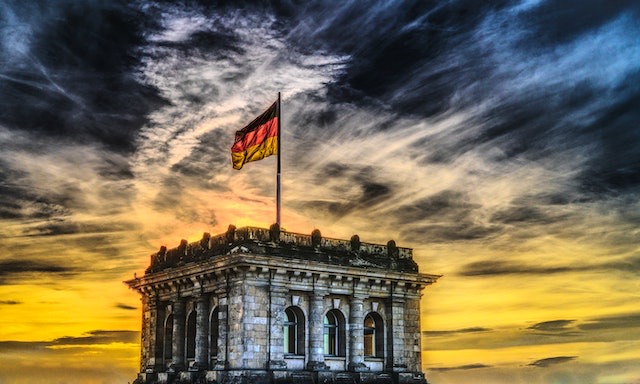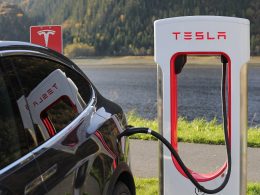Germany’s economic model needs updating


Germany, renowned for its strong manufacturing base, robust exports, and disciplined financial management, has long been hailed as an economic powerhouse. However, as the world rapidly evolves, it is becoming increasingly evident that Germany’s economic model requires updating to remain competitive and sustainable in the face of new challenges and emerging trends.
One of the key areas demanding attention is Germany’s heavy reliance on traditional manufacturing industries. While these sectors have undeniably played a vital role in Germany’s economic success, the global shift towards digitalization, automation, and renewable energy necessitates a broader diversification of the country’s economic portfolio.
To adapt to this changing landscape, Germany must embrace innovation and invest in sectors such as artificial intelligence, clean technology, and digital services. These emerging industries hold the potential to create new jobs, drive productivity gains, and position Germany as a leader in the global economy of the future.
Another critical aspect that requires careful consideration is Germany’s labor market flexibility. The country’s highly regulated labor laws and strong worker protections, while ensuring stability and employee welfare, have also impeded labor market dynamism. This rigidity can hinder business innovation and prevent the efficient reallocation of resources in response to changing market demands.
A more flexible labor market that strikes a balance between worker protection and entrepreneurial freedom would foster greater adaptability, encourage start-up culture, and facilitate the fluid movement of talent. By introducing reforms that ease bureaucratic burdens, streamline regulations, and promote entrepreneurship, Germany can unlock its potential as a hub for innovation and attract international investment.
Furthermore, Germany’s economic model must address the pressing need for sustainable development. As the world grapples with climate change, transitioning to a low-carbon economy is no longer a mere choice but an imperative. While Germany has made significant strides in renewable energy, it must intensify efforts to reduce carbon emissions across industries, encourage sustainable practices, and invest in green technologies.
By embracing sustainable development, Germany can position itself as a global leader in environmental stewardship, attract environmentally conscious investors, and create a thriving green economy that supports job growth and preserves the planet for future generations.
Updating Germany’s economic model will require a collaborative effort between policymakers, businesses, and citizens. It calls for a delicate balance between preserving Germany’s strengths in traditional industries while fostering innovation, flexibility, and sustainability. To achieve this, policymakers should engage in open dialogues with experts, industry leaders, and representatives from various sectors to develop strategies that cater to Germany’s evolving economic needs.
In conclusion, Germany’s economic model, once a beacon of success, must adapt to the demands of a changing world. Embracing innovation, fostering labor market flexibility, and prioritizing sustainable development are essential steps for ensuring continued prosperity and global competitiveness. By striking the right balance and remaining steadfast in its commitment to progress, Germany can secure a bright future for its economy and its people.
Note: This opinion piece reflects the author’s interpretation of the topic and does not necessarily represent the views of all stakeholders or the objective stance of a news report.











